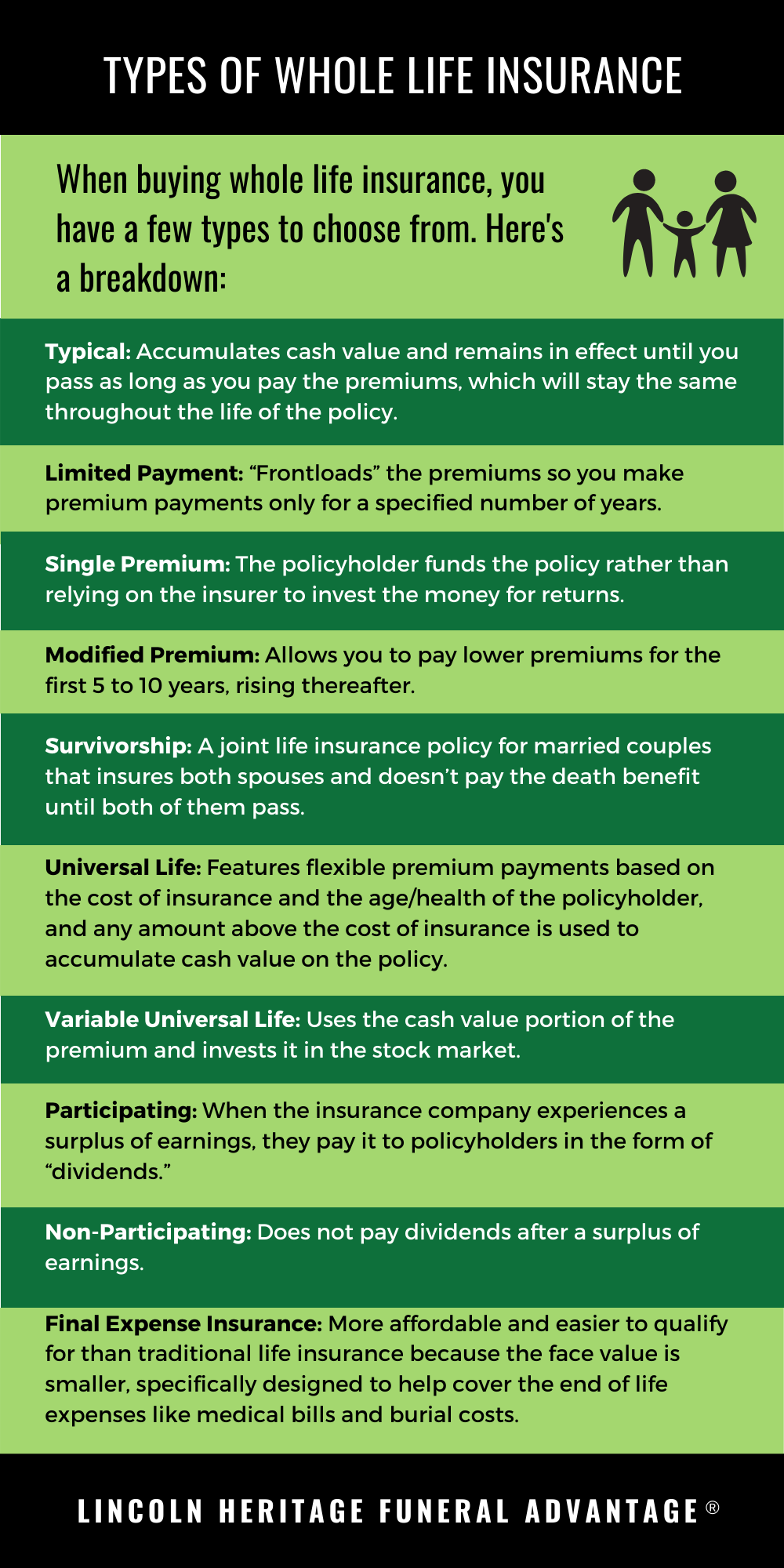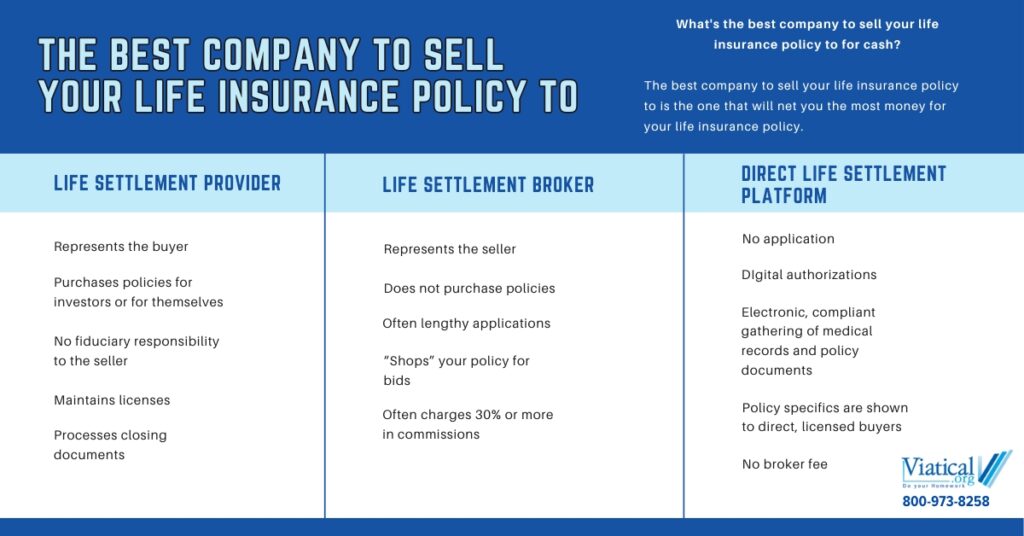What to Do If Someone Lies About a Car Accident
If you’ve been involved in a car accident, you’re probably feeling shaken up. The last thing you need is to have to deal with someone who’s lying about what happened. Unfortunately, this is a common occurrence. According to a recent study, over 30% of car accident claims involve some form of fraud.
If you suspect that the other driver is lying about the accident, there are several things you can do:
-
Gather evidence. The more evidence you have, the better. This includes photos of the damage to your car, the other driver’s car, and the scene of the accident. You should also get the names and contact information of any witnesses.
-
Report the accident to the police. Even if you don’t think the other driver is lying, it’s always a good idea to report the accident to the police. This will create a record of what happened and will help to protect you in case the other driver does lie.
-
Contact your insurance company. Your insurance company will be able to help you investigate the accident and file a claim. They will also be able to provide you with legal advice.
-
Don’t sign anything. If the other driver is asking you to sign anything, don’t do it. This could be a release of liability or a settlement agreement. If you’re not sure what you’re signing, don’t sign it. Instead, consult with an attorney.
-
Get a witness. If you can, get a witness to the accident to support your story. Even better, try using a dashcam that can provide an unbiased video footage of the incident.
-
Stay calm and don’t get angry. It’s natural to be angry and upset after a car accident. However, it’s important to stay calm and don’t get angry. If you’re angry, you may say or do something that you regret.
What to Do If Someone Lies About a Car Accident
Being involved in a car accident is stressful enough, but it can be even more frustrating if someone lies about what happened. If you find yourself in this situation, it’s important to know what to do. Here’s a step-by-step guide on what to do if someone lies about a car accident:
Gather Evidence
The first step is to gather as much evidence as possible. This includes taking pictures of the damage, getting witness statements, and obtaining a police report.
Taking Pictures
If you’re able to take pictures at the scene of the accident, do so. This will provide you with documentation of the damage and the scene of the accident. Be sure to take pictures of all the vehicles involved, as well as any visible injuries.
Getting Witness Statements
If there were any witnesses to the accident, try to get their contact information. Witnesses can provide valuable information about what happened. Be sure to ask for their names, addresses, phone numbers, and email addresses. You should also ask them to provide a written statement about what they saw.
Obtaining a Police Report
In most cases, you’ll want to call the police after a car accident. The police will investigate the accident and file a report. This report will contain important information about the accident, such as the names of the drivers involved, the location of the accident, and the time of the accident. You can request a copy of the police report from the police department.
What to Do If Someone Lies About a Car Accident
After a car accident, you may be dealing with injuries, property damage, and insurance claims. The last thing you want to worry about is someone lying about what happened. But unfortunately, it does happen. If you find yourself in this situation, it’s important to know what to do. Here are a few steps you can take:
Report the Incident
The first step is to report the accident to your insurance company and the police. Be sure to provide as much detail as possible, including the other driver’s name, contact information, and insurance information. Keep a copy of all the paperwork you receive from the insurance company and the police. If you’re not sure what to do, you can contact your insurance company or an attorney for guidance.
Gather Evidence
If the other driver is lying about what happened, it’s important to gather as much evidence as possible to support your claim. This may include witness statements, photos of the accident scene, and medical records. If you have a dashcam, be sure to save the footage. The more evidence you have, the better your chances of proving your case.
File a Police Report
In most cases, you’ll need to file a police report after a car accident. The police will investigate the accident and determine who was at fault. If the other driver is lying about what happened, the police report will be a valuable piece of evidence in your case. You can also follow-up with the police periodically to check for updates on the investigation, especially if you’re not satisfied with the progress being made.
Contact Your Insurance Company
Your insurance company will be able to help you with your claim. They will investigate the accident and determine who is at fault. If the other driver is lying about what happened, your insurance company may be able to help you prove your case. Just be sure to provide them with all of the evidence you have gathered. It’s also worth noting that your insurance policy may not cover you if you’re found to be at fault for the accident. This is why it’s so important to have strong evidence supporting your claim. If you are found to be at fault, you may want to consider filing a claim with the other driver’s insurance company. In some cases, they may accept liability for the accident and cover your damages.
Hire an Attorney
If you’re not comfortable dealing with the insurance companies on your own, you may want to consider hiring an attorney. An attorney can help you navigate the legal process and protect your rights. They can also help you gather evidence and build a strong case. An attorney can also help you determine whether or not you have a case, and if so, they can guide you through the process of filing a lawsuit. If you choose to hire an attorney, be sure to find one who has experience handling car accident cases. This will give you the best chance of getting a favorable outcome.
What to Do If Someone Lies About a Car Accident?
After a car accident, you need to take care of yourself and your passengers, then document the scene and exchange information with the other drivers involved. But what if the other driver lies about what happened? That can complicate matters, but there are steps you can take to protect yourself.
Document the Scene
The first thing you should do after a car accident is to document the scene. This means taking pictures of the damage to your car, the other car, and the surrounding area. You should also get the names and contact information of any witnesses. If possible, you should also get a copy of the police report. Witness testimony and a police report is like having a diary of what happened – an unbiased account of what happened, from a third party perspective. This documentation will be helpful if you need to file an insurance claim or take legal action.
Report the Accident to Your Insurance Company
You should report the accident to your insurance company as soon as possible. Be sure to tell them everything you know about the accident, including the other driver’s lies. Your insurance company will investigate the accident and determine who is at fault.
Seek Legal Advice
If the other driver’s lies are causing you significant financial or physical harm, consider speaking with a lawyer. A lawyer can help you file a lawsuit against the other driver. They can also help you collect damages for your injuries and lost wages and suffering.
Gather Evidence
If you’re planning to file a lawsuit, you’ll need to gather evidence to support your claim. This evidence can include:
- Photos of the damage to your car
- Medical records
- Witness statements
- A copy of the police report
Cooperate With the Police Investigation
The police will investigate the car accident and determine who is at fault. Be sure to cooperate with the police investigation and provide them with all of the information you have.
Don’t Sign Anything
The other driver’s insurance company may try to get you to sign a settlement agreement. Do not sign anything until you have spoken to a lawyer. The insurance company may be trying to take advantage of you, and you don’t want to give up your rights.
Lying about being at fault in a car accident is a crime. If you’re the victim of a car accident, don’t be afraid to take legal action against the other driver if they’re lying about what happened. You deserve to be compensated for your injuries and losses.
What to Do If Someone Lies About a Car Accident
Being involved in a car accident is never fun. But what happens if the other driver lies about what happened? It can be a frustrating and confusing experience, but it’s important to know what to do to protect yourself.
Protect Yourself
The first thing you should do after a car accident is to protect yourself. This means:
- Don’t admit fault. Even if you believe you are at fault, it’s important to never admit fault to the other driver or the police. This could be used against you later on.
- Don’t sign anything. Do not sign any documents or agreements at the scene of the accident. This includes insurance forms and medical releases.
- Don’t give the other driver any personal information. This includes your name, address, phone number, and insurance information. Only give this information to the police or your insurance company.
- Take pictures of the scene. If possible, take pictures of the damage to your car, the other car, and the scene of the accident. This will help you document what happened.
- Get witness information. If there were any witnesses to the accident, get their names and contact information. Their testimony could be helpful later on.
Gather Evidence
Once you have protected yourself, you need to start gathering evidence. This will help you prove your case if the other driver lies about what happened. Some things you can do to gather evidence include:
- Get a copy of the police report. The police report will contain information about the accident, including the officer’s observations and any statements made by the other driver.
- Get medical records. If you were injured in the accident, get copies of your medical records. These records will document your injuries and the treatment you received.
- Take photographs of your injuries. If you have any visible injuries, take photographs of them. This will help document the extent of your injuries.
File a Claim With Your Insurance Company
Once you have gathered evidence, you need to file a claim with your insurance company. Your insurance company will investigate the accident and determine who is at fault. If the other driver is found to be at fault, your insurance company will pay for your damages.
File a Lawsuit
If your insurance company denies your claim or if you are not satisfied with the settlement offer, you may need to file a lawsuit. A lawsuit is a legal proceeding that allows you to seek compensation for your damages. You may be able to recover damages for your medical expenses, lost wages, pain and suffering, and other losses.
What if the Other Driver’s Insurance Company Is Offering Me a Settlement?
If the other driver’s insurance company is offering you a settlement, it’s important to carefully consider your options. You should speak to an attorney to discuss your case and make sure you’re getting a fair settlement. Never accept a settlement offer without first speaking to an attorney.
What to Do If Someone Lies About a Car Accident
If you’ve been involved in a car accident, it’s important to remember that the other driver may not always be honest about what happened. If you suspect that the other driver is lying, there are a few things you should do to protect yourself.
Stay Informed
Keep track of all communication with the other driver and their insurance company. This includes phone calls, emails, and text messages. Make sure to document the date and time of each communication, as well as the name of the person you spoke with. If you’re able to, record your conversations with the other driver. This will provide you with evidence of what was said in case the other driver later changes their story.
Gather Evidence
If you can, gather as much evidence as possible about the accident. This may include photos of the damage to your car, witness statements, and medical records. The more evidence you have, the better your chances of proving that the other driver is lying.
Be Prepared to Dispute the Claim
If the other driver’s insurance company denies your claim, be prepared to dispute it. You can do this by submitting a written statement to the insurance company, providing them with evidence of the accident, and arguing your case. If you’re not comfortable disputing the claim on your own, you may want to hire an attorney to help you.
Don’t Give Up
Even if the other driver’s insurance company initially denies your claim, don’t give up. You have the right to appeal the decision and to take your case to court if necessary. By staying informed, gathering evidence, and being prepared to dispute the claim, you can increase your chances of getting the compensation you deserve.
Additional Tips
In addition to the steps outlined above, there are a few other things you can do to protect yourself if you suspect that the other driver is lying after a car accident:
* Trust your gut. If something doesn’t feel right about the other driver’s story, it’s probably best to err on the side of caution and assume they’re lying.
* Don’t sign anything. The other driver may try to get you to sign a statement or a release form. Don’t do it! You should never sign anything until you’ve had a chance to speak with your insurance company or an attorney.
* Report the accident to the police. If the other driver is lying about the accident, it’s important to report it to the police so they can investigate. The police report can be used as evidence in your case.




Leave a Reply